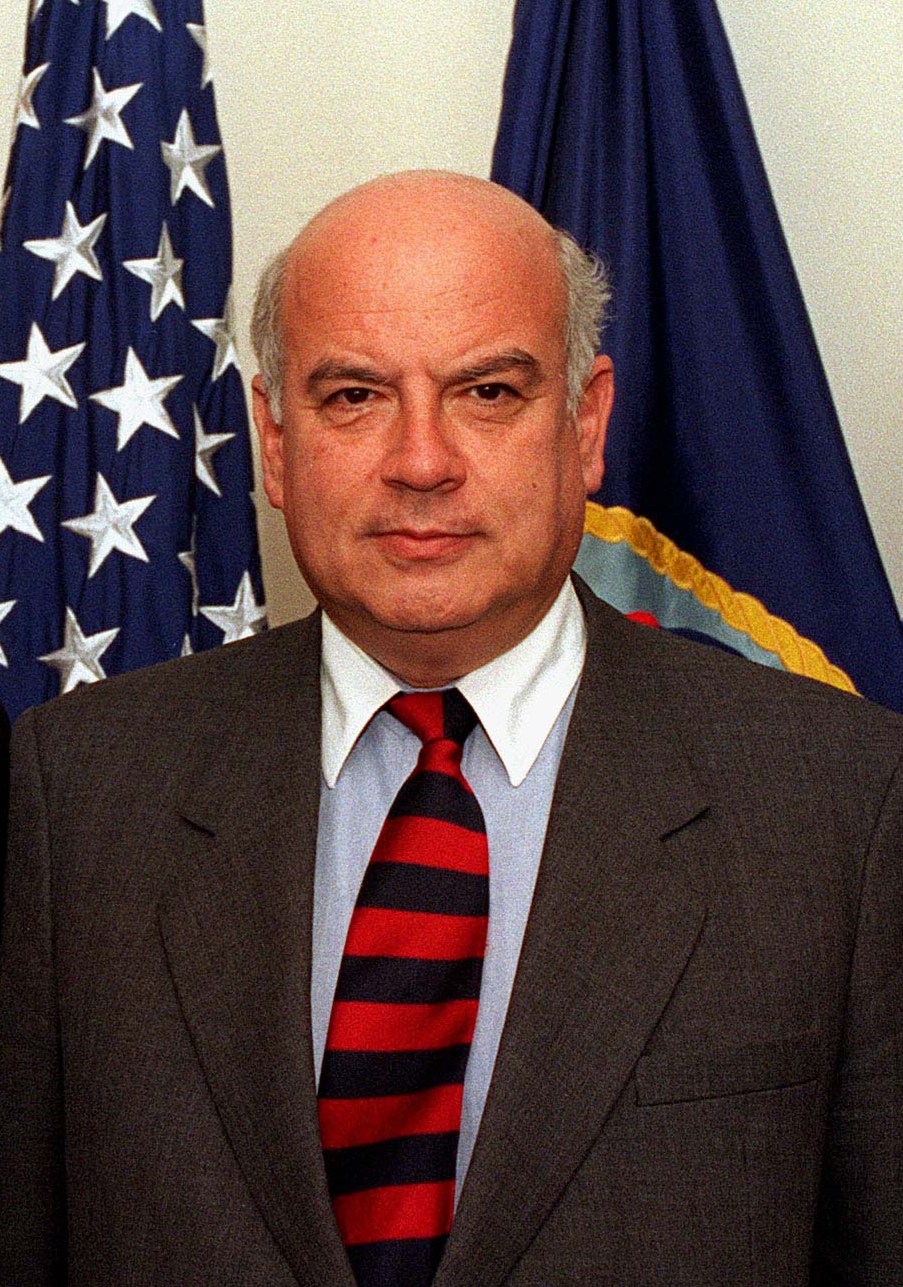Zulia state. Red spots represent municipalities where the major is pro-Chávez. Blue ones are the ones where the opposition tries to govern in spite of the military sabotage.
The yellow spot is the approximate location of one of the presumed FARC bases in Zulia.
The yellow spot is the approximate location of one of the presumed FARC bases in Zulia.
2008
- January 2008: Chávez calls for giving "belligerent status" to the FARC and ENL guerrilla groups. The National Assembly (basically pro-Chávez) votes in favour of his proposal.
- February 2008: Some Yukpa indians reject claims they may be supporting the FARC. They reject statements from also Yukpa but regime-critical deputy Javier Armado and former opposition major Di Martino stating there are groups within the community providing the FARC with state resources.
- 11 March 2008: The Colombian army attacks FARC bases in Ecuador and kills some 20 terrorists, including FARC leader Raúl Reyes. The army seizes a couple of laptops with information that would link the Venezuelan government to the FARC movement. In the next months the Colombian government makes public a series of details from those laptops, information that suggest the Venezuelan government is actively supporting the FARC.
- 9 June 2008: Chávez urges the FARC to put down arms.
- 14 April 2009: Uribe meets Chávez.
- 15 April 2009: Chávez again urges the FARC to put down arms.
- June 2009: Betty Luzeta, a Chávez's deputy for Zulia, declares the FARC is not a terrorist force but "a group with a different ideological thought".
- July 2009: Colombian troops on a raid discover in FARC camps Swedish weapons that had been previously sold to the Venezuelan army.
- July 2009: Chávez "freezes" ties with Colombia.
- August 2009: Chávez says the FARC stole those Swedish weapons in 1995.
- October 2009: Venezuelan government "assigns" some territories to the Yukpa indians along the border. The ranchers, who had been illegally taking land in the region for decades, have to leave the area but the Yukpas do not seem to get much control over it.
- Spanish channel Cuatro shows in a programme about Chávez the influence of the guerrilla in Venezuela. One of the highlights is an encounter with the ENL in Apure and a brief conversation with Venezuelan soldiers who, very candidly, explain where the Colombia guerrilla groups are in the area.
- July 2010: Colombia presents material to the Organization of American States (OAS) to back up its claims about FARC and ENL camps in Venezuelan territories. The Colombian government asks the OAS to send international observers to Venezuela as soon as possible. The OAS, led by Insulza, does nothing.
- 23 July 2010: Cantankerous Chávez severes ties with Colombia. The Colombian government says it will go on putting forward details about guerrilla bases in Venezuela.
- 25 July 2010: Chávez asks the FARC "not to give pretexts to the USA" and put down arms.
- Insulza says he won't do anything unless Colombia presents a written petition and the Venezuelan government agrees. He says the conflict is "between Colombia and Venezuela".
El Tiempo is reporting further details about possible FARC-Venezuela connections. The Economist has an interesting article about the Uribe-Santos possible rift.
Impression
My impression is that most Venezuelan soldiers are just powerless. Their bosses, though, are very much ideologically close to and eager to tolerate and probably support the FARC.
Insulza is head of the OAS primarily thanks to Hugo Chávez. The Venezuelan military regime already said it will not accept international observers unless they can also visit the US bases in Colombia. Insulza is a joke. He has already said he won't do anything about the requests from Venezuelans to investigate human right abuses by the Venezuelan government because "those are internal affairs". Now he says he won't do anything because those are "bilateral affairs". What on Earth is Insulza getting money for? Probably to give the opening speeches at banquets of the OAS, a.k.a. the Club of American presidents.


"Gracias, Chávez, por apoyarme"


No comments:
Post a Comment
1) Try to be constructive and creative. The main goal of this blog is not to bash but to propose ideas and, when needed, to denounce
2) Do not use offensive language
3) Bear in mind that your comments can be edited or deleted at the blogger's sole discretion
4) If your comment would link back to a site promoting hatred of ethnic groups, nations, religions or the like, don't bother commenting here.
5) Read point 4 again